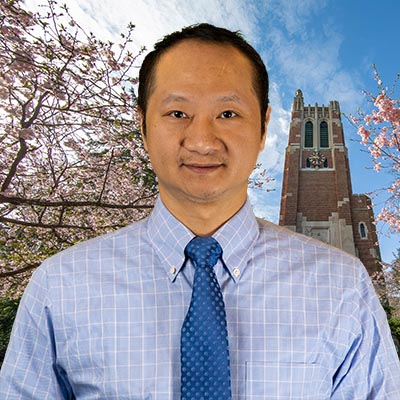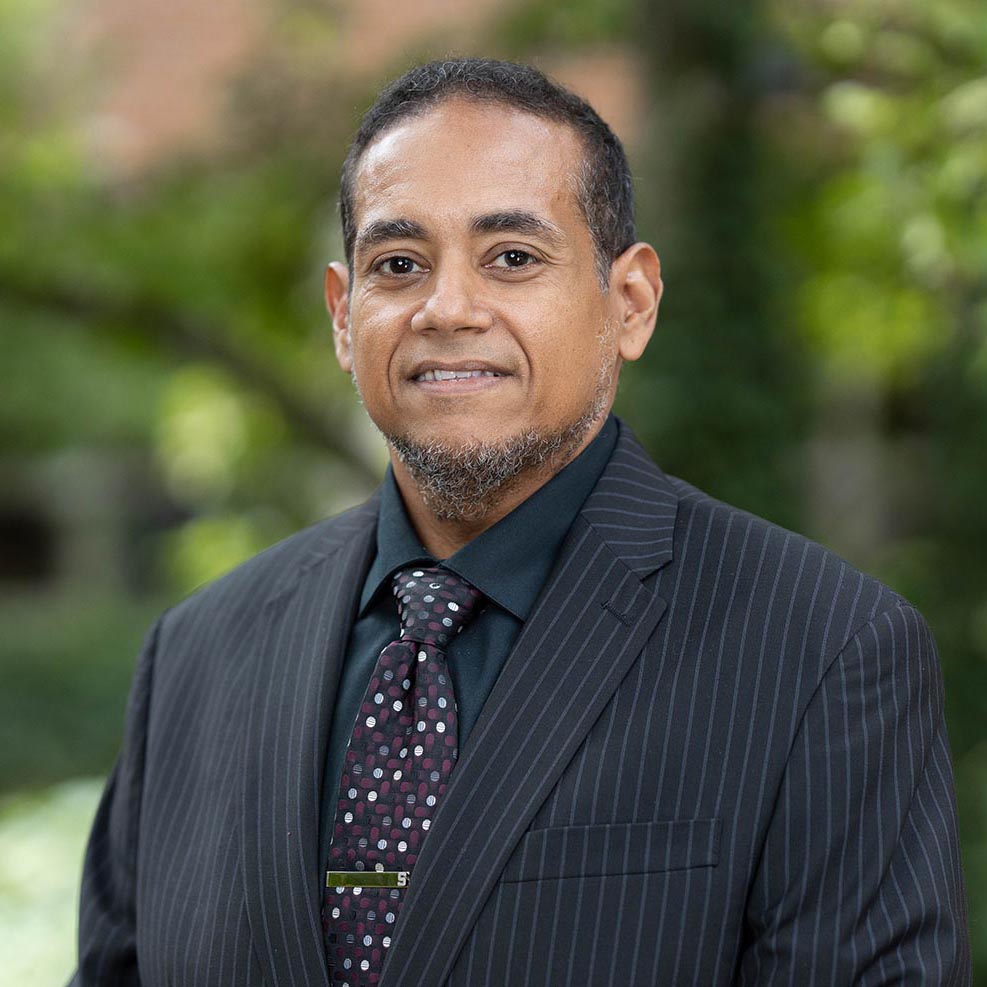MSU School of Social Work research team seeks to create equitable dementia care support to ethnic minorities in rural communities
December 15, 2022 - Brandon Drain
This project was funded with a grant of $333,096.00 from Michigan Health Endowment Fund, which supports a program entitled, “Expanding Dementia Care Support in Underserved Communities and Populations in Michigan.”

 In-home dementia care provides those in need with the comfort, safety and assurance needed to properly age-in-place -- while being surrounded by their loved ones. Yet, this ideal reality for dementia patients runs into barriers. Currently, there are about 190,000 people living with dementia in Michigan, per the MSU research team. Ethnic minority groups, and those living in rural communities in particular, lack access to the resources and support necessary to adequately provide for dementia patients -- which often leads to those patients being put in institutional care facilities, which can be costly and mitigates the time spent with loved ones, per the MSU research team.
In-home dementia care provides those in need with the comfort, safety and assurance needed to properly age-in-place -- while being surrounded by their loved ones. Yet, this ideal reality for dementia patients runs into barriers. Currently, there are about 190,000 people living with dementia in Michigan, per the MSU research team. Ethnic minority groups, and those living in rural communities in particular, lack access to the resources and support necessary to adequately provide for dementia patients -- which often leads to those patients being put in institutional care facilities, which can be costly and mitigates the time spent with loved ones, per the MSU research team.
To bridge this gap within those underserved communities, Dr. Fei Sun, lead researcher for this project, and his team will offer a two-tiered service to help patients and family providers alike.
“We are providing two social work services to those families,” said Sun. “One is general case management -- which provides information, education and linkage to services. The second is more clinical, like counseling [for the family providers].”
One of the focuses of this project also includes the Latino community living in rural areas, who also lack access to adequate care and resources. Spearheading this aspect of the project is Dr. Daniel Velez Ortiz, who states:
“The Latino focus is to also create materials and trainings that are culturally appropriate because the Latino population has been lagging in general,” said Velez Ortiz. “When it comes to Latinos in rural areas, they face similar cultural barriers, plus the lower resources in those communities. We would like to continue reaching Latina/o/x in all areas, urban or rural.”
This project will be funded for two years, which the team hopes they can use as a model to build on for a potential federal grant to expand its reach across other underserved communities in Michigan. The underserved communities in this current project include the 12 rural counties covered by Region 9 Area Agency on Aging, a division of Northeastern Michigan Community Service Agency (NEMCSA), who is a key partner of this project. The partnership will assist family caregivers with complicated needs by providing case management or counseling support through social work interns at the Dementia Care Support Office at the MSU School of Social Work. In addition, the team hopes to expand the access and usage of Trualta – the online case management service – across those communities as well. At the heart of this research initiative lies a shared goal.
“We really want to increase the quality of life and quality of care for the person with dementia,” said Sun. “So that they can live in the community longer and avoid nursing homes -- so that people can age-in-place.”
Paul Freddolino (Co-I), from the School of Social Work, will assist with education of technology use for older adults and family caregivers.

